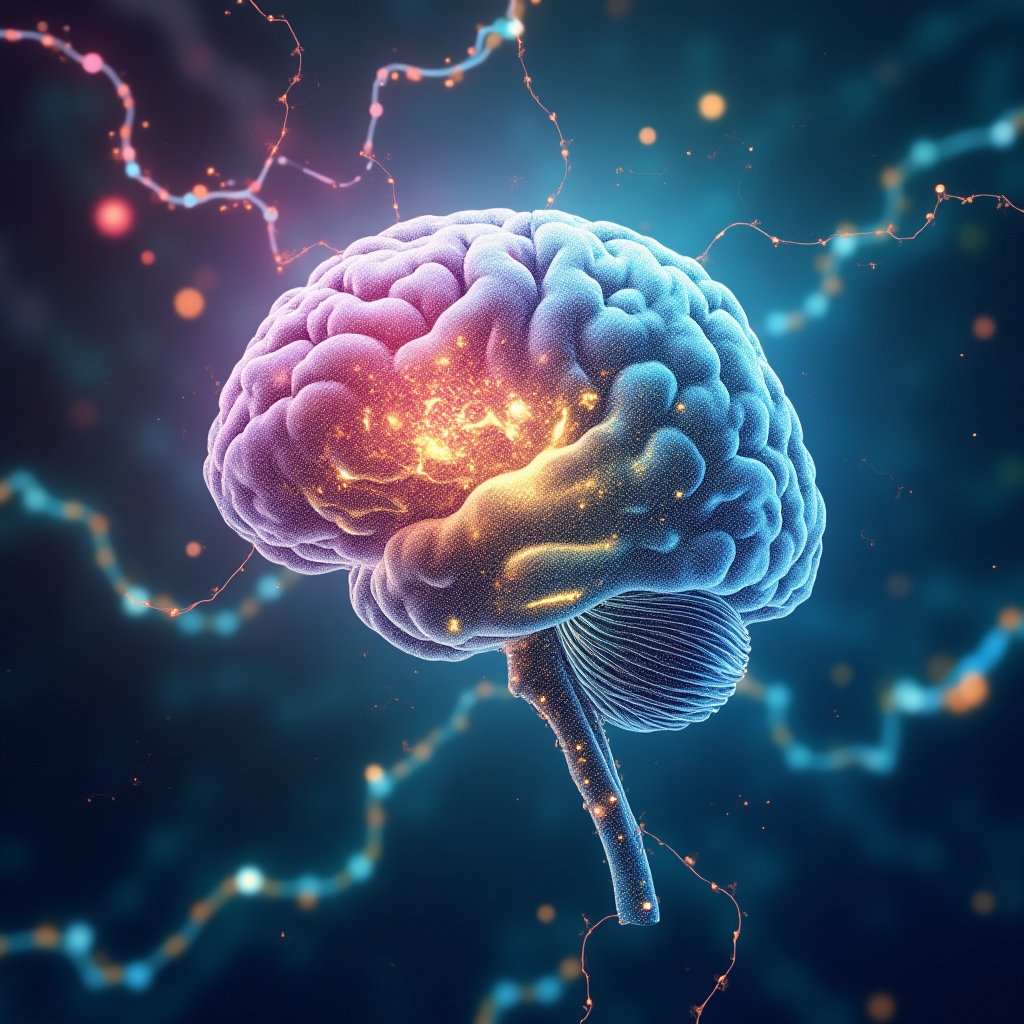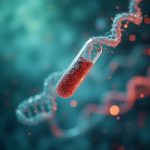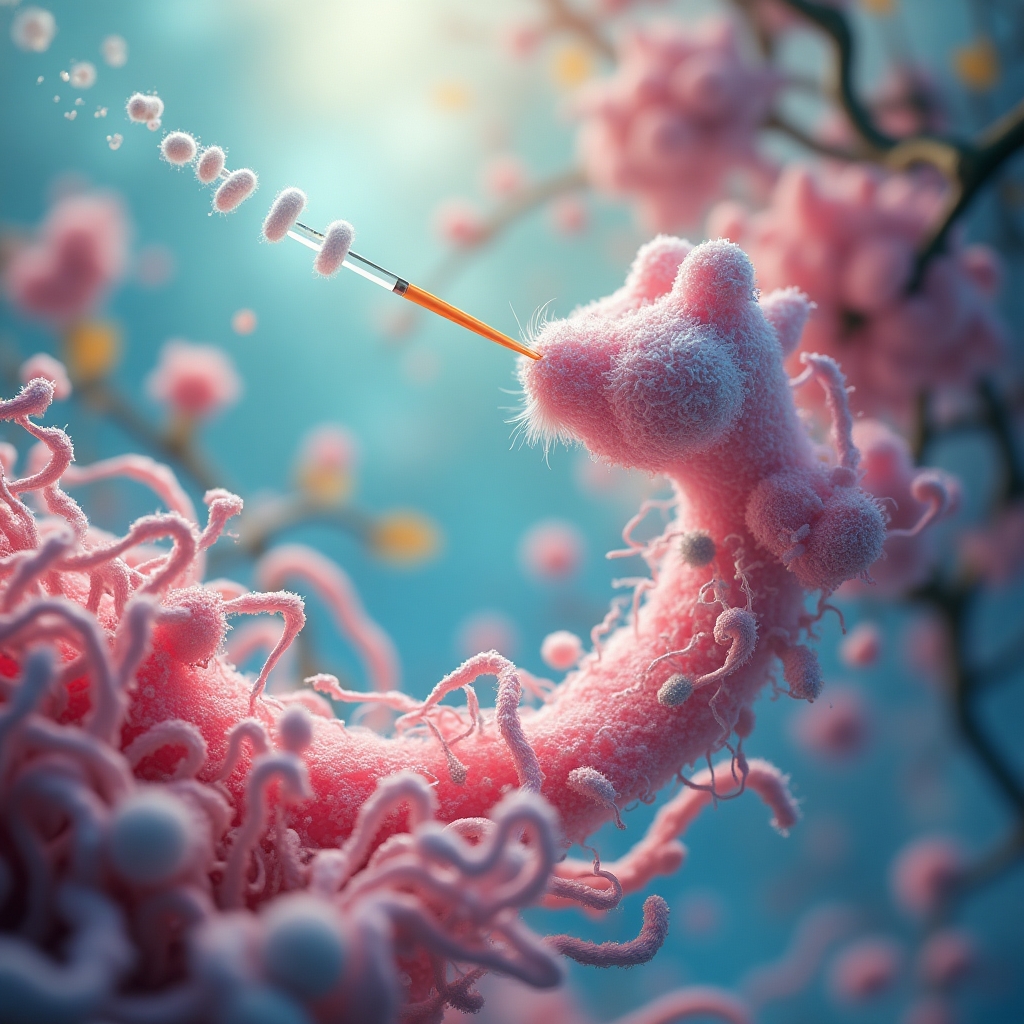In the heartening strides of modern medicine, new hope emerges from an unlikely avenue—cancer drugs exhibiting potential to reverse Alzheimer's damage. This promising discovery has sent ripples of optimism across scientific communities and individuals battling Alzheimer's alike.
iN SUMMARY
- 🧠 Exciting research suggests that certain FDA-approved cancer drugs may reverse Alzheimer's damage.
- 🔬 By analyzing gene expressions in brain cells, researchers identified crucial pathways affected by these drugs.
- 💊 These findings could pave the way for innovative treatment protocols for Alzheimer's disease.
- 🌟 This discovery represents a significant step towards better understanding of neurodegenerative disease treatment.
The Intersection of Cancer and Neurological Research
Think of it this way: in the quest for better health, sometimes solutions arise where you least expect them. Such is the case with the intriguing potential of cancer drugs to restore brain function affected by Alzheimer's disease. According to a study published by ScienceDaily, researchers have discovered that some of these medications, already approved by the FDA, can reverse the brain damage associated with Alzheimer's by targeting specific gene expression pathways.
Understanding Alzheimer's and Its Impact
Alzheimer’s disease is a progressive brain disorder that deteriorates memory, thinking skills, and the ability to carry out simple tasks. This condition affects millions worldwide, with its prevalence increasing as our population ages. Despite numerous studies and trials, a comprehensive cure remains elusive, making breakthroughs like this one immensely significant.
A Long Journey of Medical Research
The research team, led by determined scientists, analyzed gene expressions within brain cells. They noticed that particular expressions tied to Alzheimer's could be influenced by certain cancer drugs, promising a potential therapeutic pathway that was previously unexplored.
Methods and Analysis: The Science Explained
The successful identification came from examining gene expression changes typical in Alzheimer's patients. In layman's terms, gene expression is like a set of instructions that tells our cells what to do. The researchers discovered that in Alzheimer's, some of these instructions go awry. Remarkably, the cancer drugs showed the ability to correct these faulty instructions.
| Drug Name | Initial Purpose | Potential Effect on Alzheimer's |
|---|---|---|
| Cancer Drug A | Targeting cancer cells | Reverses brain cell damage |
| Cancer Drug B | Inhibiting tumor growth | Restores neuronal function |
Key Findings
- The drugs target specific genes that contribute to Alzheimer's.
- Similar pathways shared by cancer and Alzheimer's suggest a link that could be therapeutically advantageous.
- Potential to innovate treatment protocols by repurposing existing drugs.
The Road Ahead: Implications and Next Steps
This breakthrough raises compelling possibilities about tackling Alzheimer's, moving beyond traditional approaches. It opens doors for researchers to further explore these cancer drugs, possibly leading to faster and more effective treatments. With global incidence rates, the potential impact is vast, making such interdisciplinary advances invaluable.
Community and Support
For those residing in Toronto or Los Angeles, staying informed about local support groups and research hubs could be beneficial. These cities are rich with resources and initiatives supporting Alzheimer's research. You might find solace in knowing there's a rapidly growing community of scientists, caregivers, and advocates tirelessly working towards a common goal.
Practical Tips for Caregivers
While clinical therapies develop, here are some ways caregivers can help those with Alzheimer's:
- Maintain a routine to create a sense of stability.
- Engage in activities that stimulate memory and cognition.
- Foster an environment filled with reminders of familiar faces and places.
- Stay connected with support networks, like those found in Montreal.
Hope on the Horizon
As we close this chapter of discovery, remember that each scientific advance brings us closer to hope. While more research is required to translate these findings into everyday reality, the potential to enhance the quality of life for millions is on the horizon. What would you do if the person you love could regain lost memories and vitality? Keep this story alive by sharing your thoughts, and consider becoming part of the iNthacity community. Together, we can support this journey towards a brighter future.
Disclaimer: This article may contain affiliate links. If you click on these links and make a purchase, we may receive a commission at no additional cost to you. Our recommendations and reviews are always independent and objective, aiming to provide you with the best information and resources.
Get Exclusive Stories, Photos, Art & Offers - Subscribe Today!
























Post Comment
You must be logged in to post a comment.